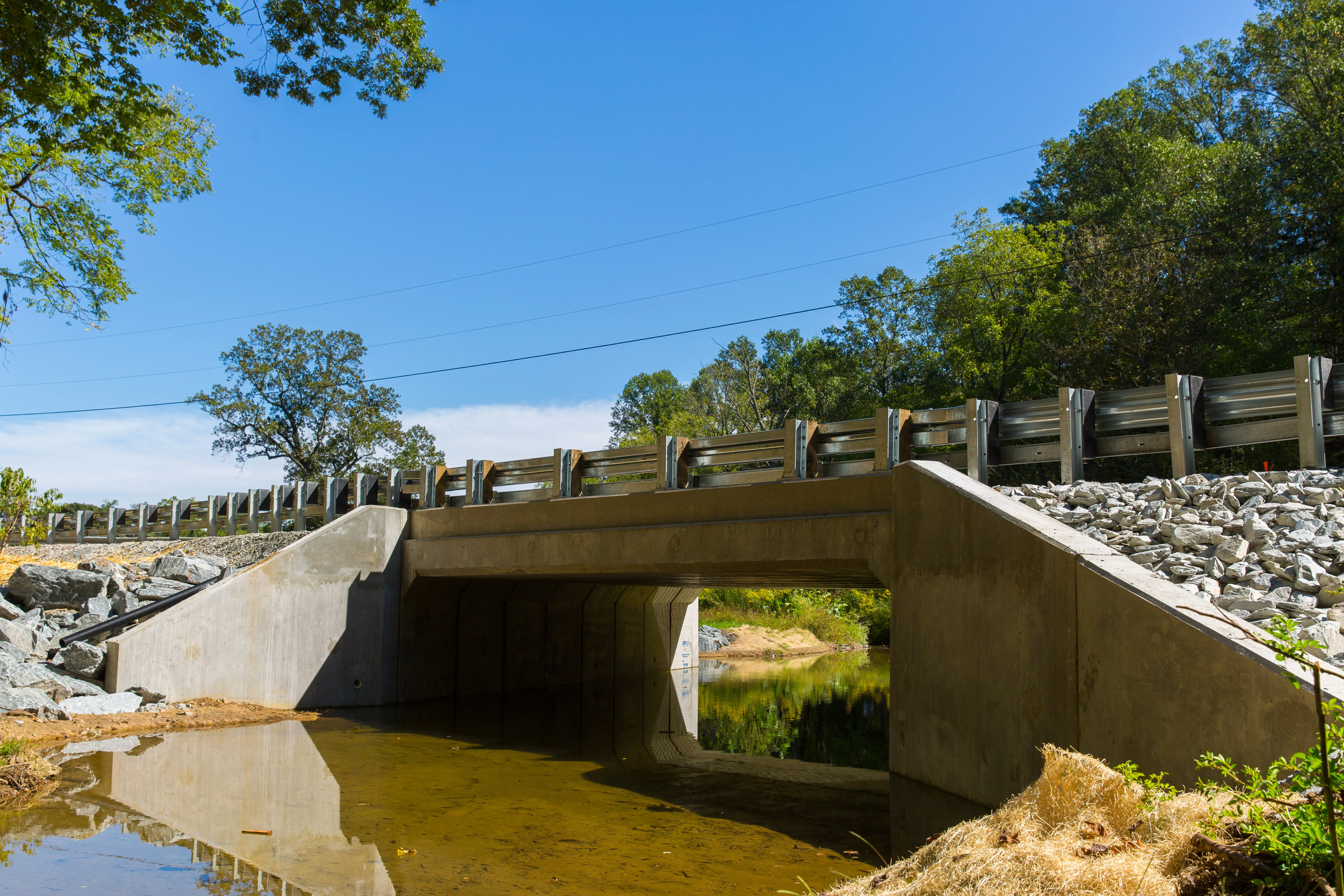The authorities in Brazil have been facing problems with the expropriation of land needed for new road projects. This is a key issue for new roads planned for the 2014 Football World Cup and is affecting local governments and county councils.
March 23, 2012
Read time: 1 min
The authorities in Brazil have been facing problems with the expropriation of land needed for new road projects. This is a key issue for new roads planned for the 2014 Football 1556 World Cup and is affecting local governments and county councils. For example, the authorities in Belo Horizonte have so far proven unwilling to spend US$68.2 million to build a new bus lane at the local Pedro II boulevard. To reduce the costs, the authorities are planning to build the bus lane but without stops for boarding along key sections of the route. The council has three similar projects in the city, of which two of which are already under construction. And in Rio de Janeiro the Transcarioca road linking the Galeao airport and the Barra da Tijuca city district is under dispute as the bus lane will claim 40% of the land of a private school. The expropriations along this route could affect up to 3,000 property owners, while the works should be concluded by 2013.







